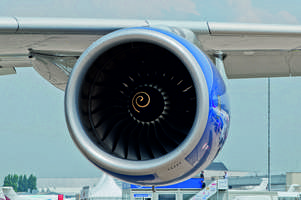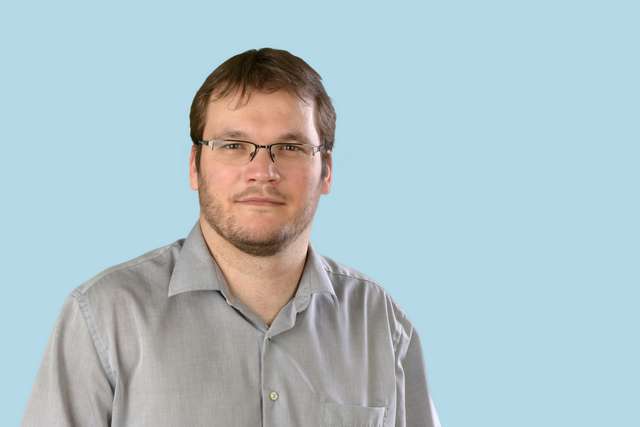 Engineering polymers, such as POM, PEEK or polyamides, are mainly used in demanding engineering systems, such as automotive engineering, mechanical engineering, furniture and household appliances, where great mechanical stability is required. Frequently, such applications go hand in hand with highly complex load scenarios where a wide variety of mechanical effects will interact. Our focus areas are dedicated to determining structure-property relationships of these materials which are frequently defined already by the manufacturing processes.
Engineering polymers, such as POM, PEEK or polyamides, are mainly used in demanding engineering systems, such as automotive engineering, mechanical engineering, furniture and household appliances, where great mechanical stability is required. Frequently, such applications go hand in hand with highly complex load scenarios where a wide variety of mechanical effects will interact. Our focus areas are dedicated to determining structure-property relationships of these materials which are frequently defined already by the manufacturing processes.
Apart from researching processing techniques such as pressing and injection molding, the group focuses in particular on various additive manufacturing technologies, like, for instance fused filament fabrication (FFF) and selective laser sintering (SLS), the two 3D printing methods of relevance for engineering thermoplastics. Besides classical material testing, a key issue is the thorough morphological characterization of the material conditions due to processing; we not only use the usual standard procedures but also scientific methods like X-ray diffraction methods and residual stress analysis, as well as crystallization kinetics analysis, to that end. As regards mechanical properties, the main focus is on the static, quasi static and cyclical load ranges and on the investigation of fracture toughness and fatigue properties, also applying various concepts of fracture mechanics (linear elastic fracture mechanics, mixed-mode fatigue, J-integral).
- Global and local deformation behavior of engineering polymers in miniaturized components
- Deformation and fatigue behavior of PEEK in high-load situations
- Structure-property relationships in fracture mechanical fatigue of POM
- Further development of fracture mechanics testing methods for semi-crystalline thermoplastics
- The overarching objective of the Engineering Polymers group is to apply the knowledge gained from the test specimen to the component and thus transfer state-of-the-art scientific findings to the industrial environment provided by our partner companies.
















